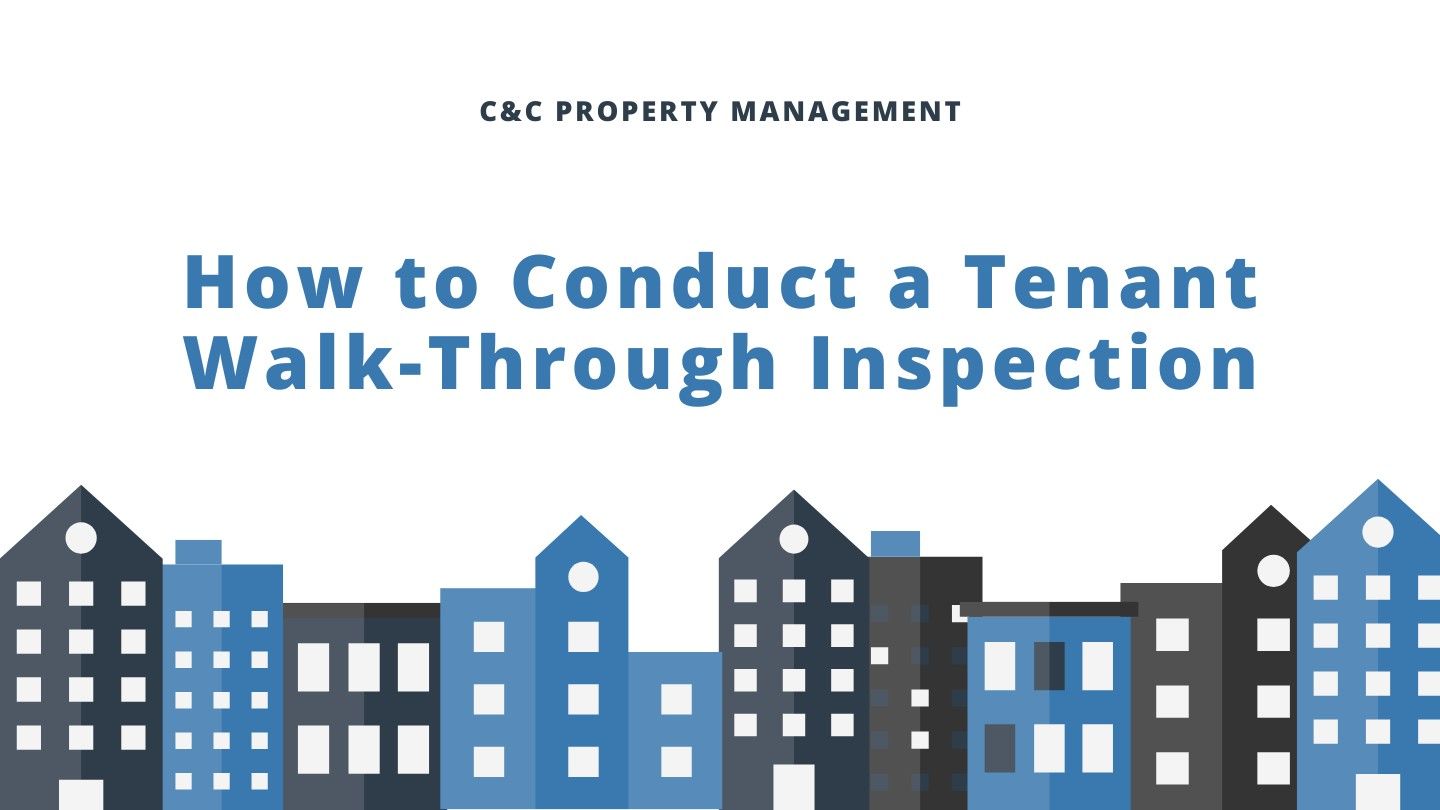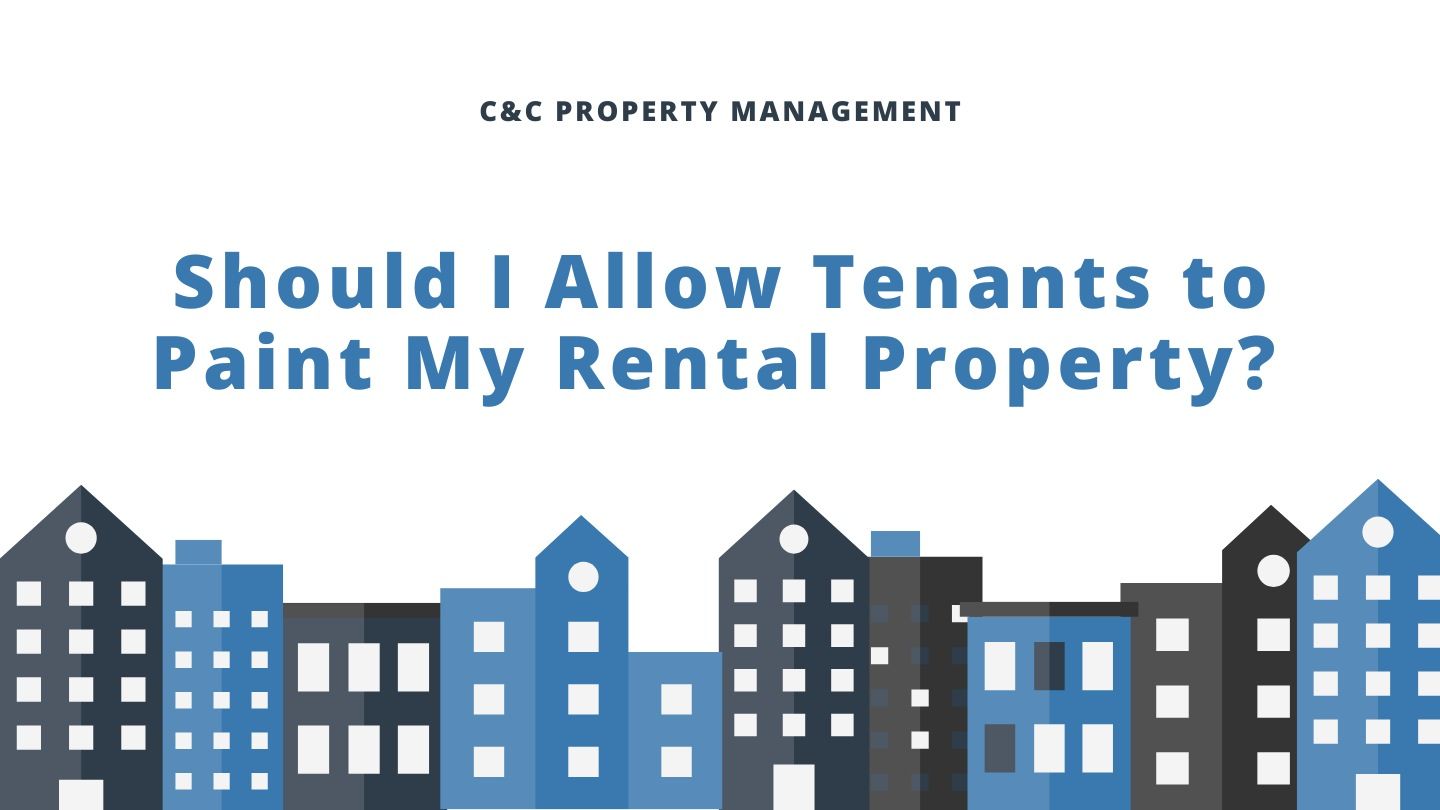CA Mortgage Relief
The California Mortgage Program, which launched in December 2021, has expanded eligibility to help California homeowners who have fallen behind on their payments because of the Covid-19 pandemic.
As of May 2022, the program had provided $32 million in grants for low to moderate-income homeowners.
The program covers past due mortgage payments as a one-time grant, up to $80,000 per household, with direct payments to the homeowners' mortgage servicer. As part of the expanded program, past due property taxes for eligible applicants are covered not only for those behind on payments but also for those current as well, up to $20,000. There is no participation cost, and the money does not need to be repaid.
Qualifications for mortgage and property relief include:
Household income at or below 150% of their county’s area median income- Owns single-family home, condo, or permanently affixed manufactured home in California
- Experienced a pandemic-related financial hardship after January 21, 2020.
- Missed at least two mortgage payments before June 30, 2022 and are currently delinquent
- Past due amount of $80,000 or less at the time of application
Qualifications for property tax relief only include:
- Either mortgage-free or current on mortgage payments
- Missed at least one property tax payment before May 31,2022
California received a $1 billion in federal funds for this program, which will continue until all funds are allocated., which must be no later than 2026. Although there is no strict deadline for when to apply, homeowners in need should apply as soon as possible.
You can find more information about the California Mortgage Relief Program at the Housing is Key website (www.housing.ca.gov). California homeowners are also urged to contact their mortgage service provider or a HUD-certified counselor at 800-569-4287. Or reach out to us at C&C!








